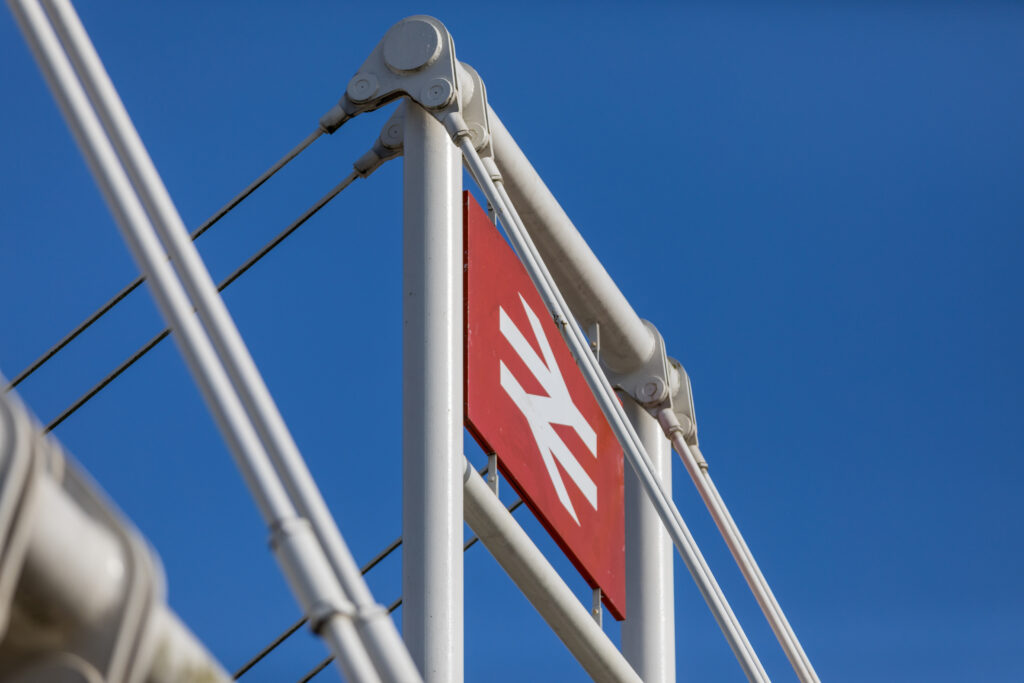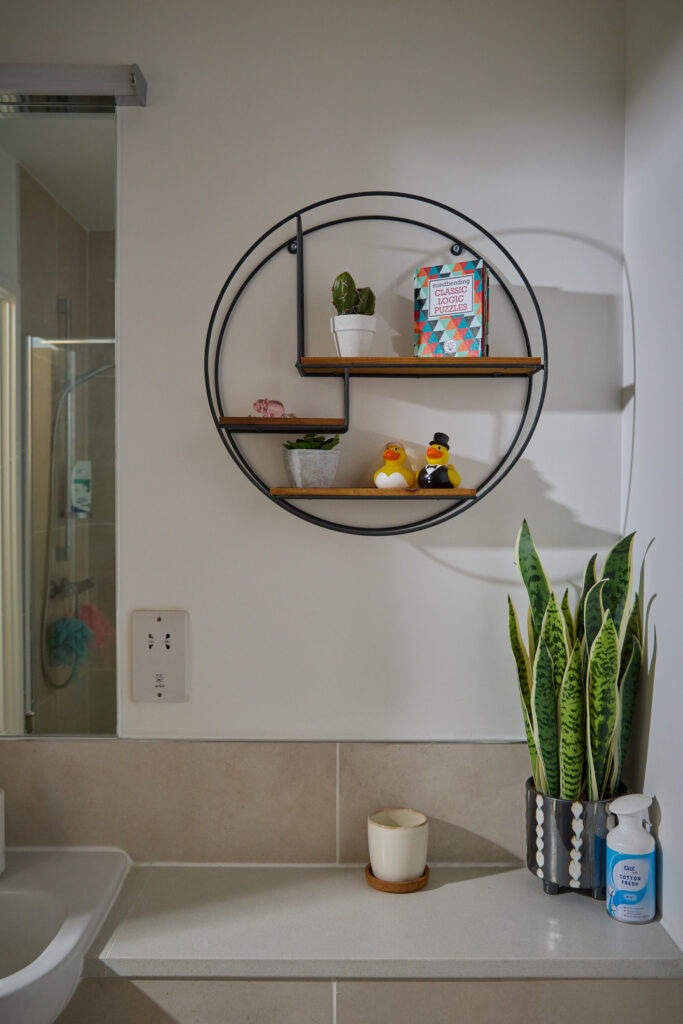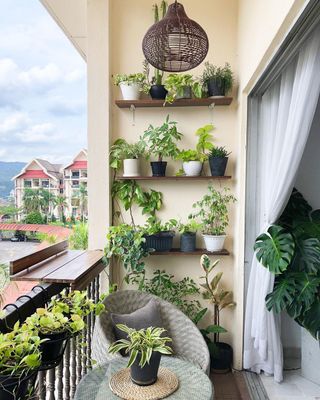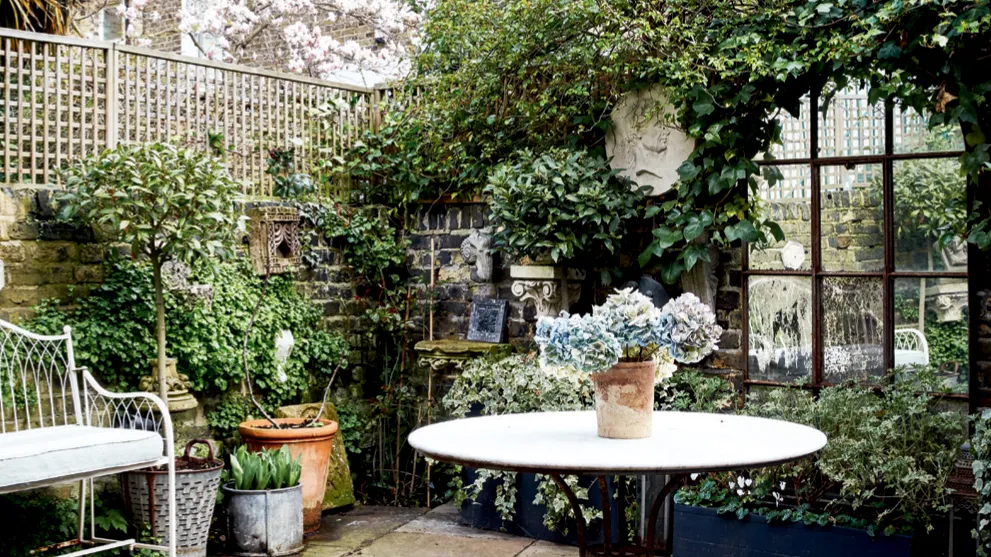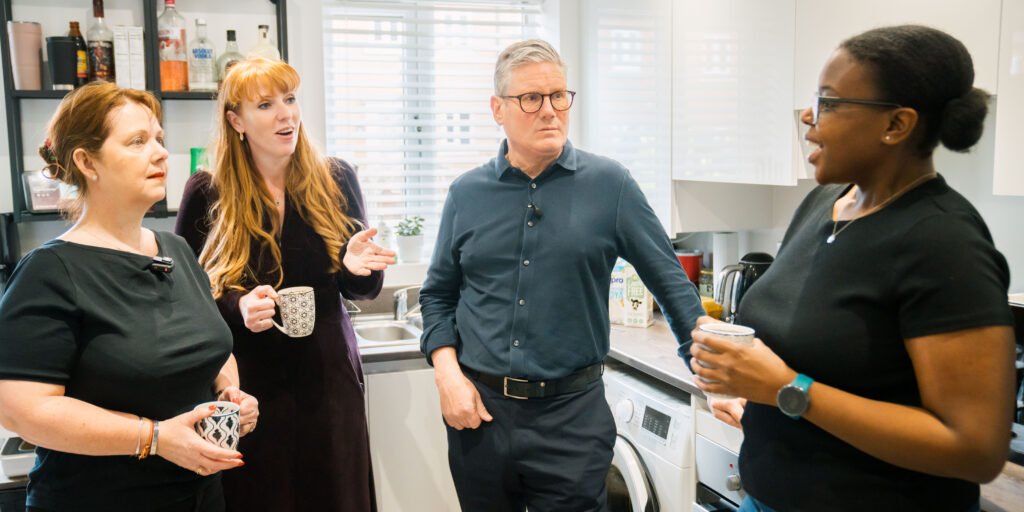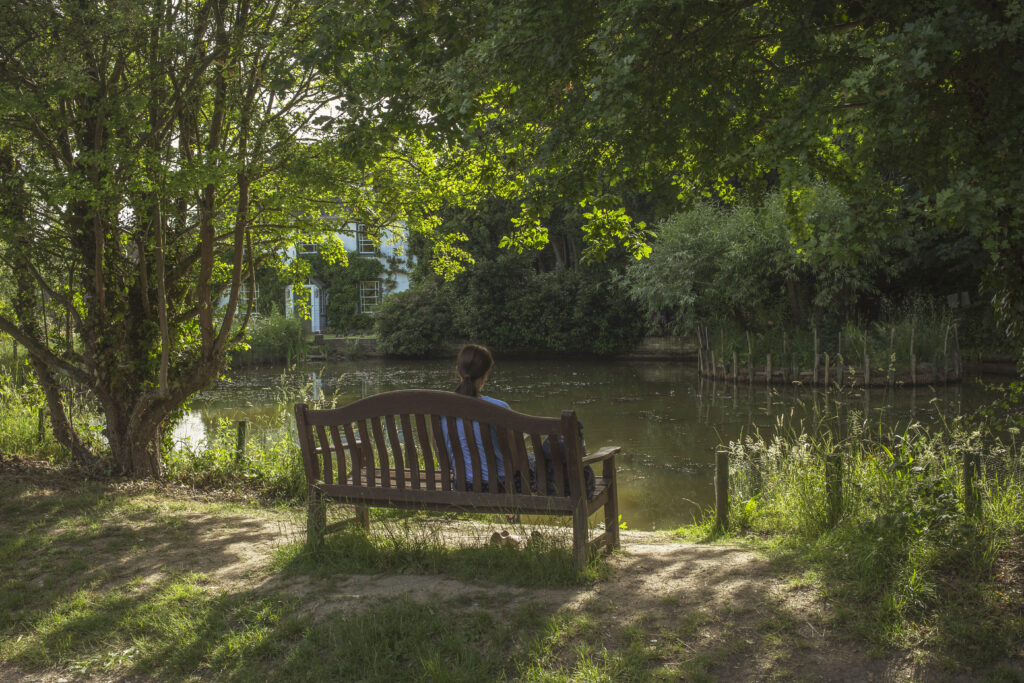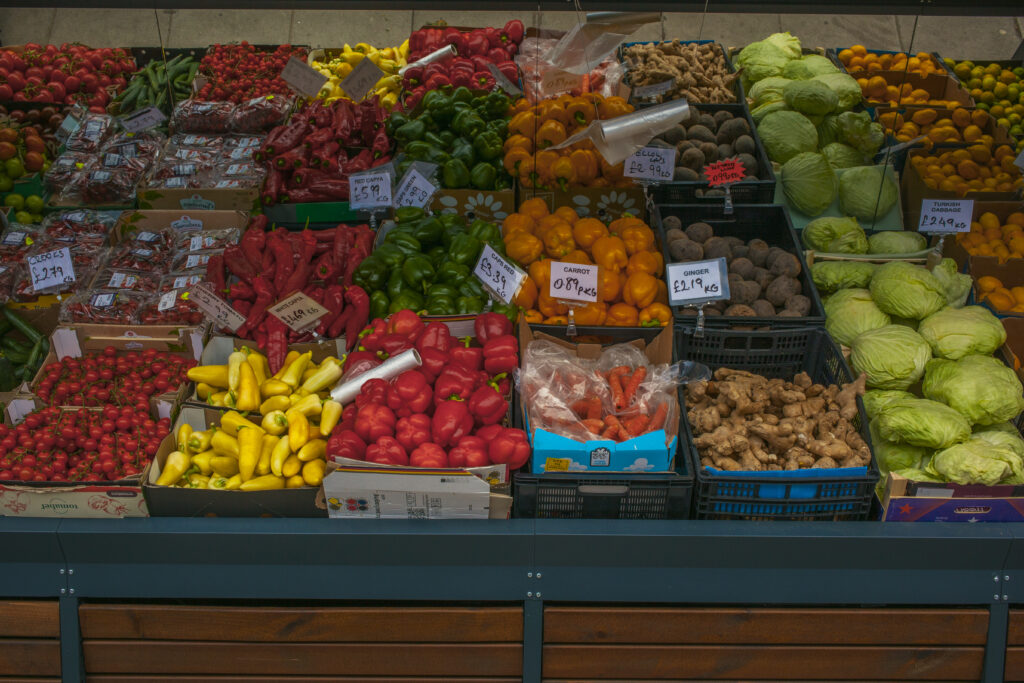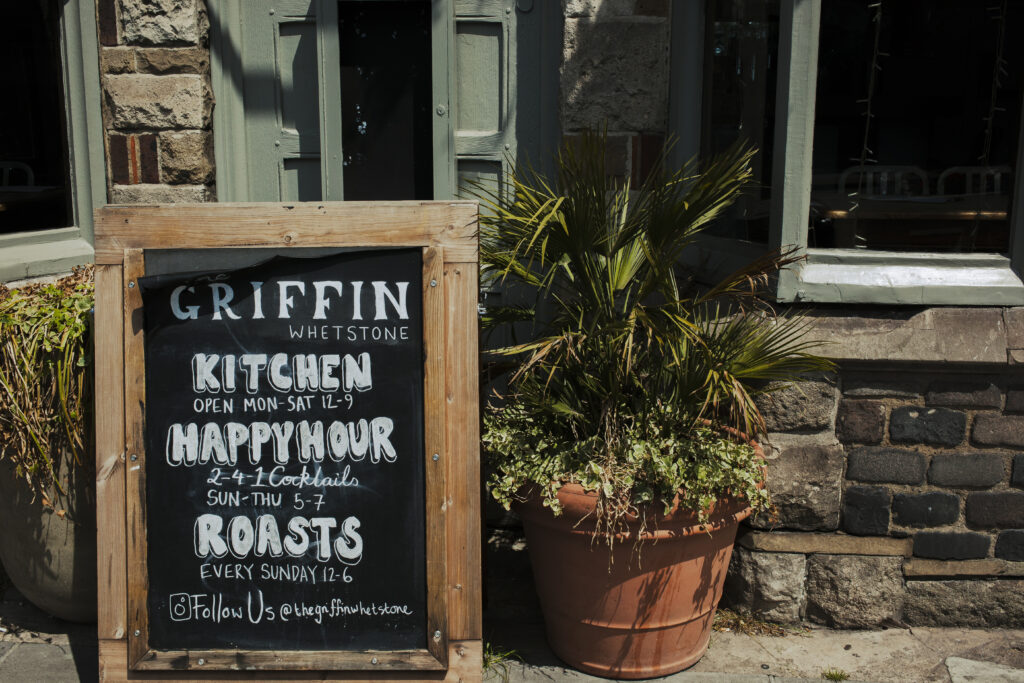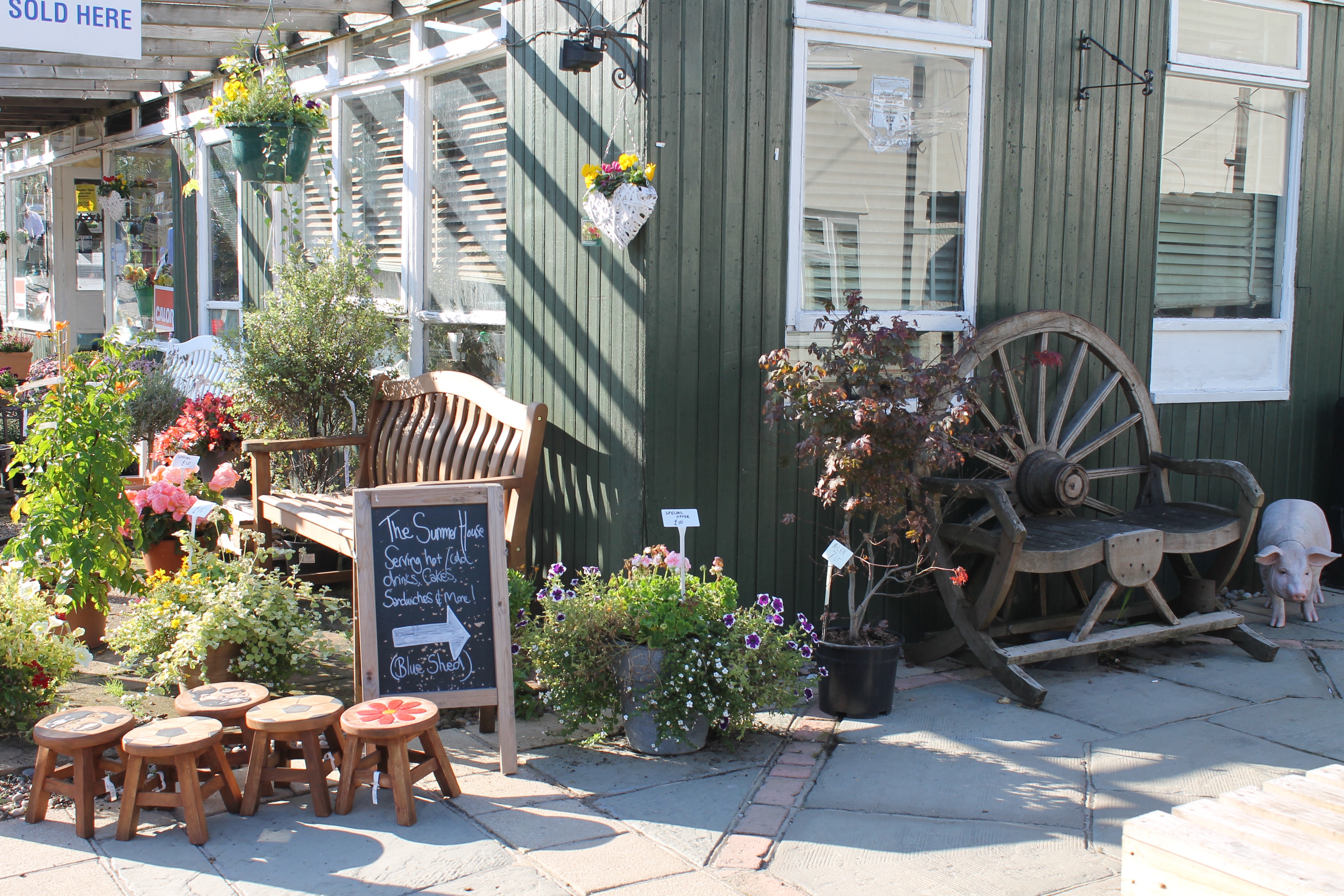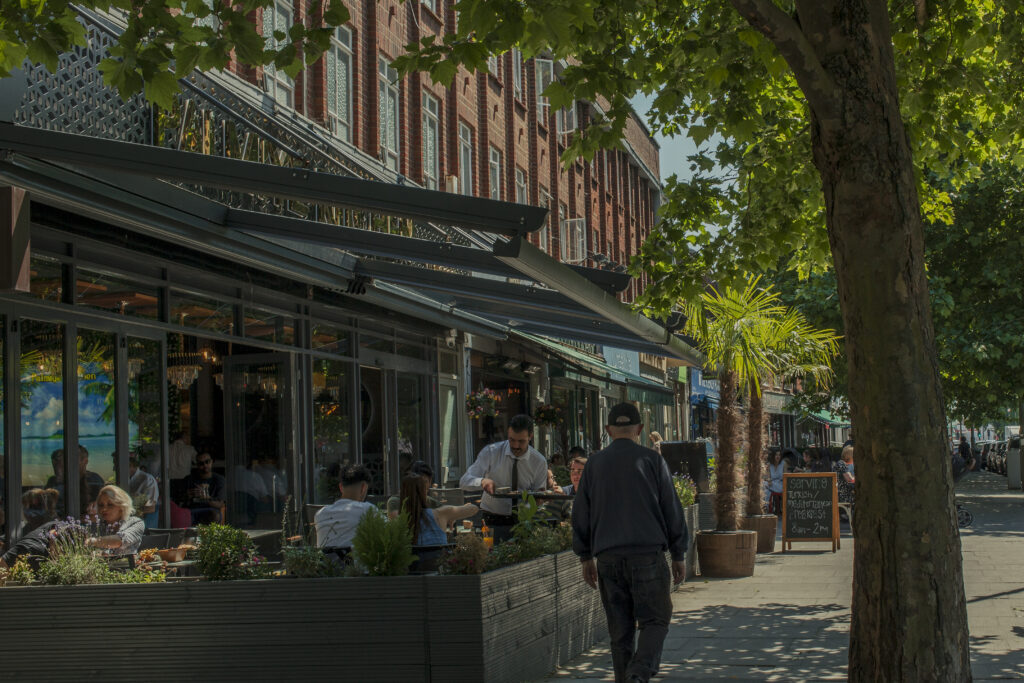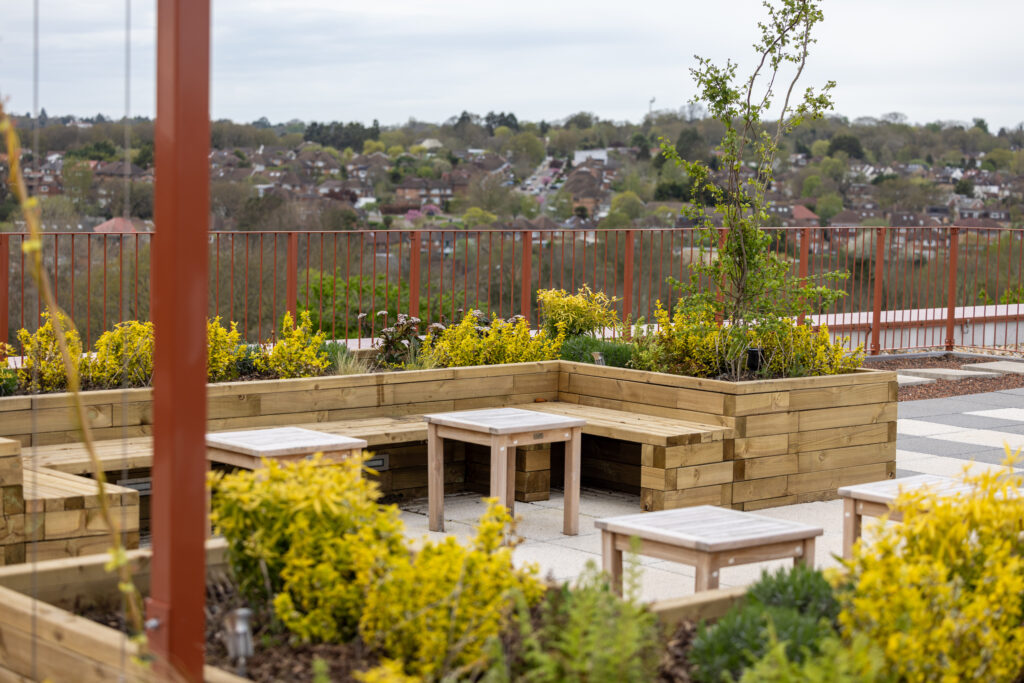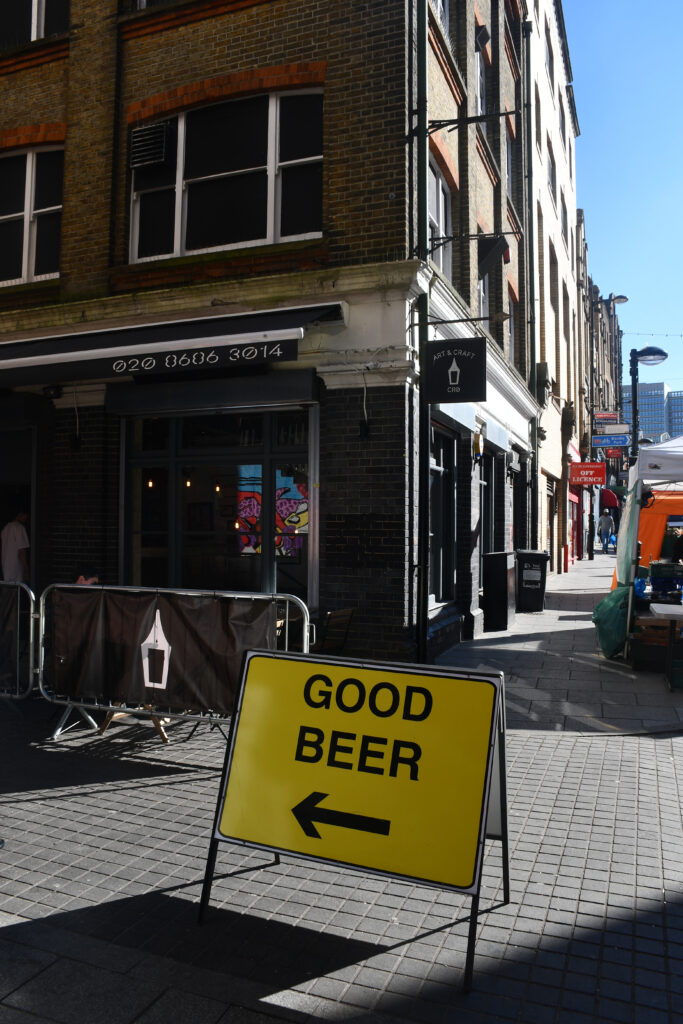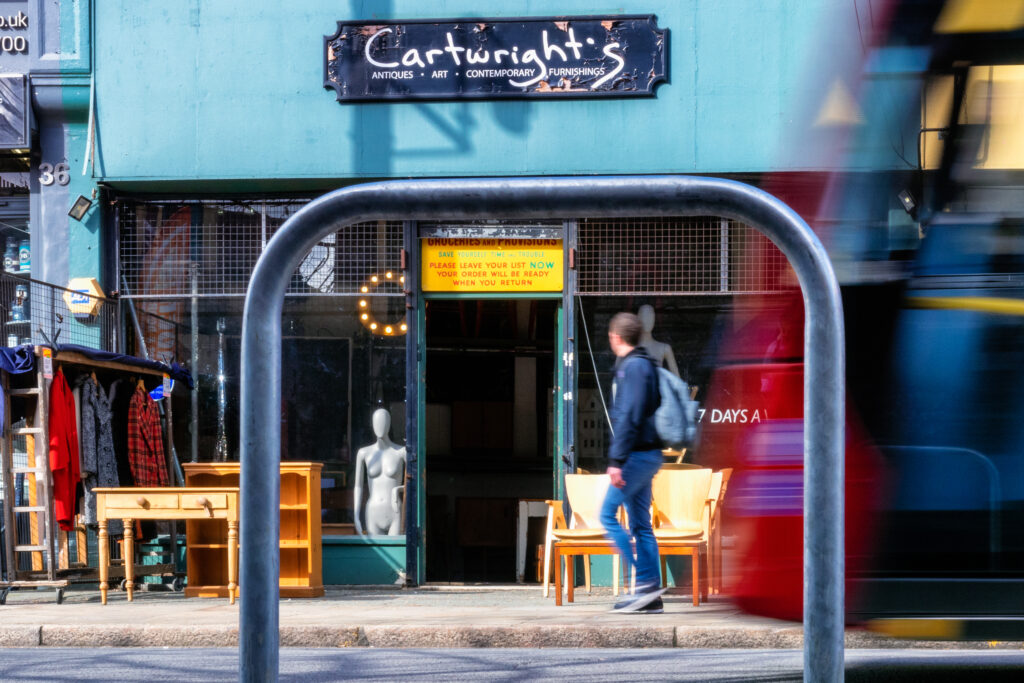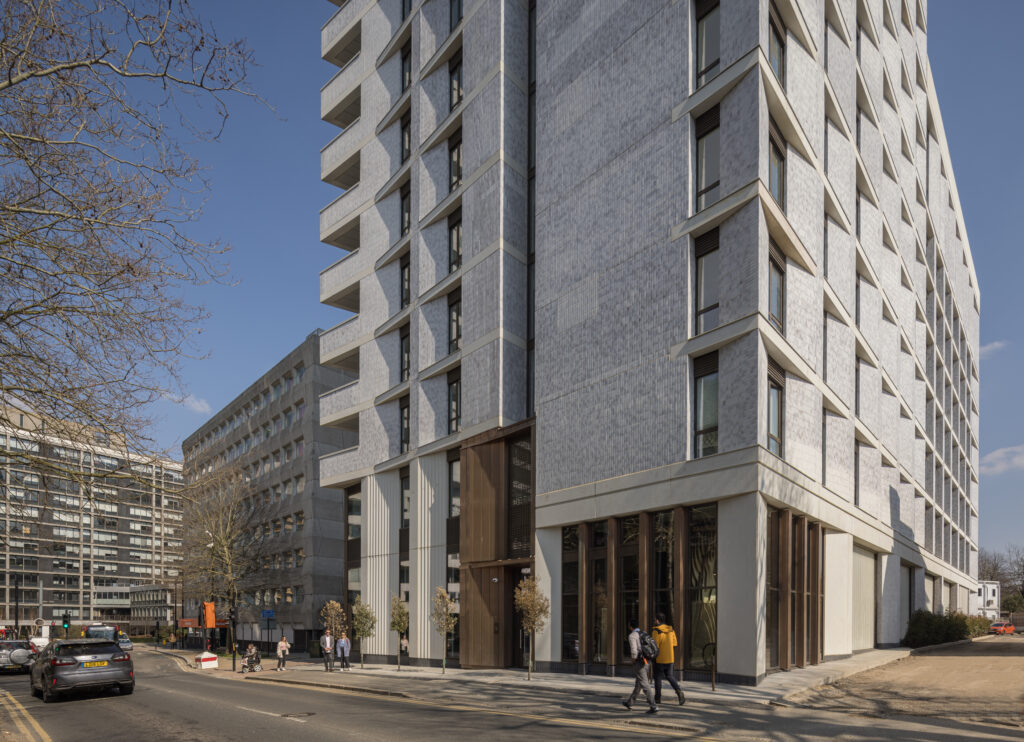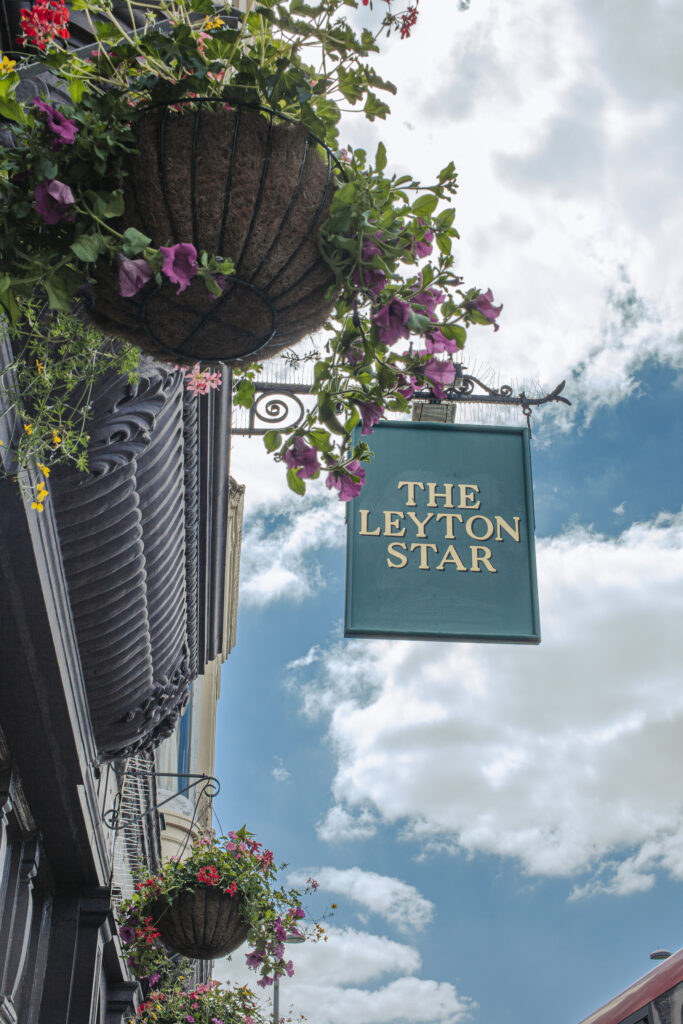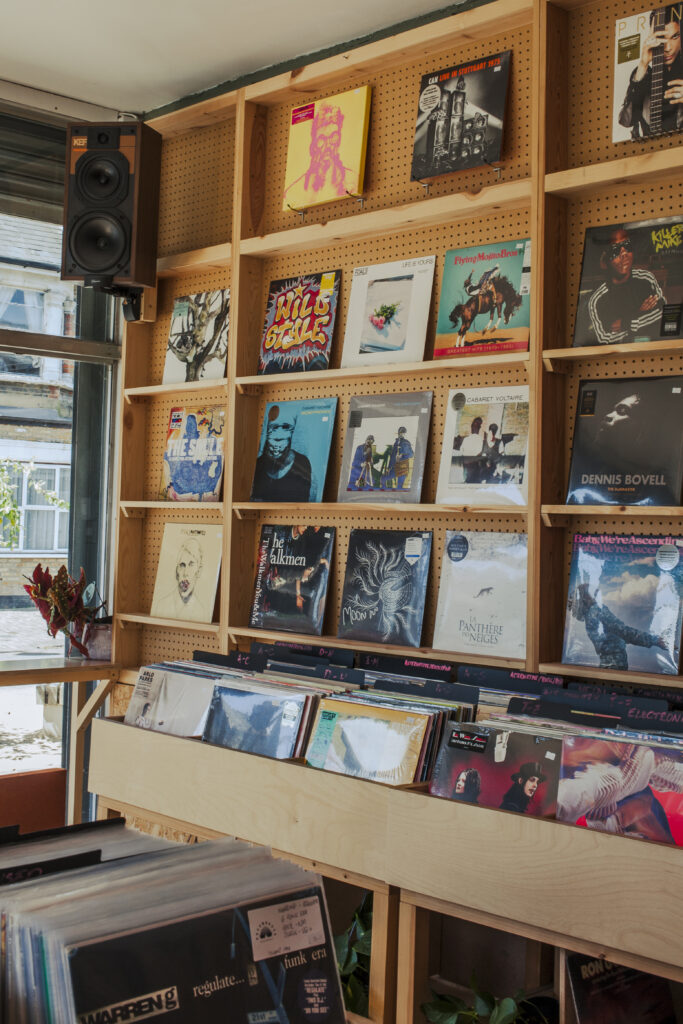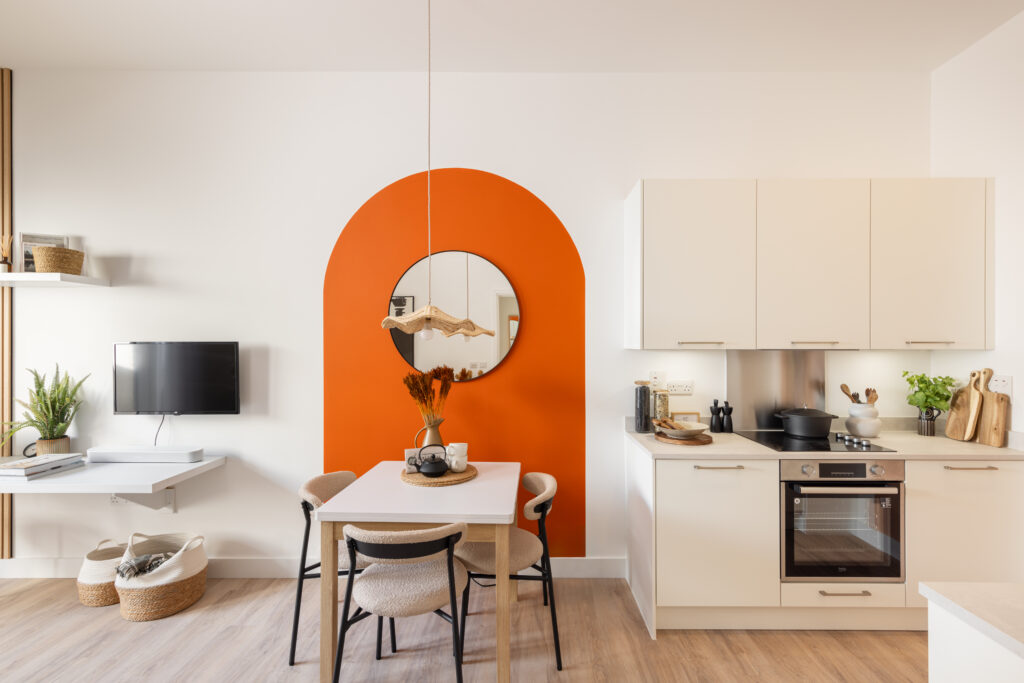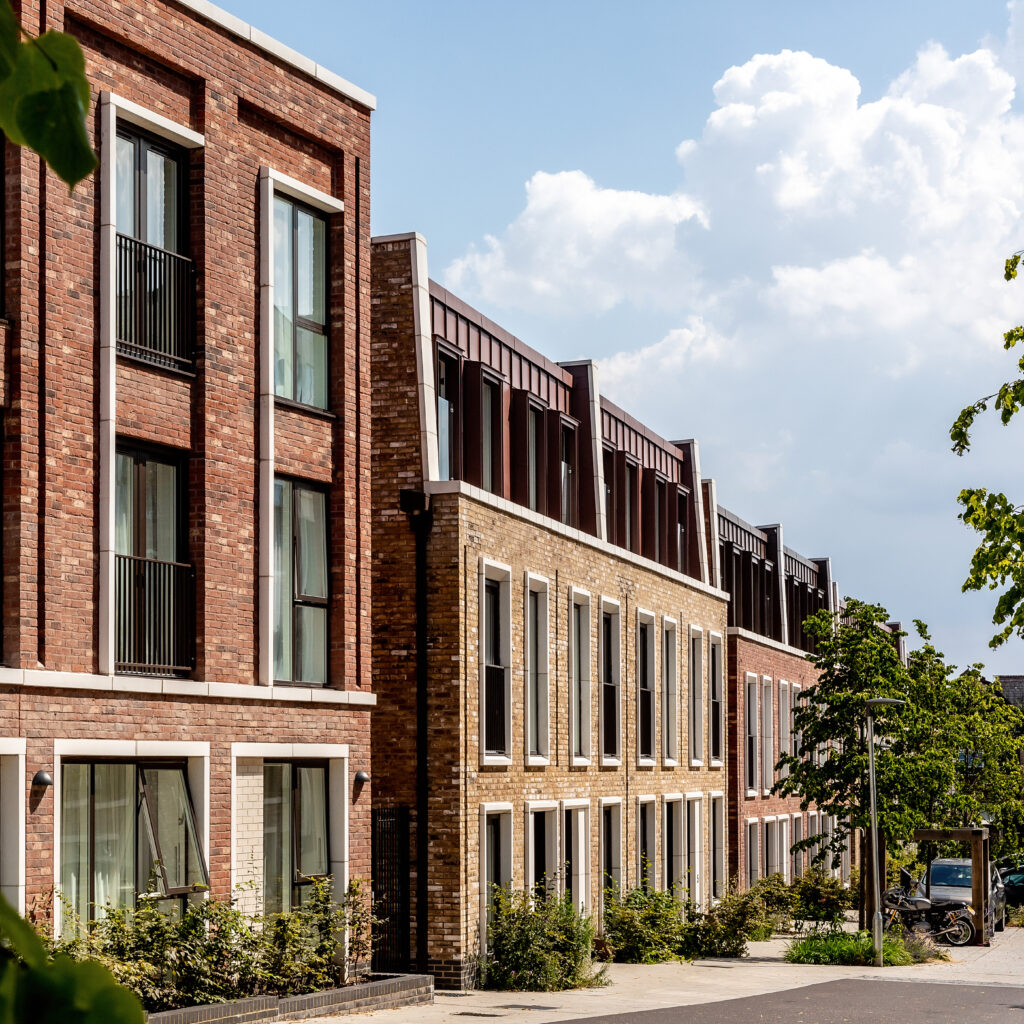The starting point of time – and now, the starting point of homeownership.
Our new Charlton development, The Heights SE7, is ideally located in the heart of the Royal Borough of Greenwich, making it the perfect base to explore the area’s diverse surroundings. 45 one-bedrooms and 3 two-bedrooms homes are now available to first time buyers across all London boroughs. To celebrate this milestone, we’ll highlight the top attractions in the local area.

Greenwich town centre
Where to start? Well, it is the start of time, so a stop at the Royal Observatory is a no-brainer. From there, you can wander to the National Maritime Museum, the Queen’s House, and the vast greenery of Greenwich Park. Don’t forget Greenwich Market, where the world comes to you! Think Thai food, Nepali cashmere, and South American coffee. If tea’s more your vibe, the Cutty Sark (a famous tea clipper) is just a two-minute stroll away. It’s free to admire from the outside, though you’ll need to pay for a tour inside.
Getting there: A 20-minute cycle or 177 bus from The Heights SE7 development.
Charlton House and Park
Charlton’s architecture is a mix of styles that all bring something unique to the table. Take Charlton House, an impressive Jacobethan manor house that hosts changing exhibitions, inspiring interiors, and events throughout the year. On the ground floor, you’ll find Frilly’s Tea Room, plus the Old Cottage Shop Café tucked away in Charlton Park.
Getting there: Just a 10-minute walk from The Heights SE7 development.
The 02 and Greenwich Peninsula
It’s been a quarter of a century since the Millennium Dome (as it was called back then) made its mark on the London skyline. Today, the site is home to the iconic O2 Arena, the more intimate Indigo at the O2, a designer outlet mall, a cinema, and plenty of restaurants and bars. North Greenwich Station, right next door, connects you to the Jubilee line, whisking you to London Bridge in just 7 minutes.
If you’d rather stay above ground, you can climb to the top of the O2 for a thrill or take a cable car across the Thames, both offering stunning views of Canary Wharf and beyond.
Getting there: A 15-minute cycle or a 422/486 bus from The Heights SE7 development.
Charlton retail parks
Stretching about a mile along Bugsby’s Way, the retail parks here offer a wide range of shopping and leisure options, just a 10-minute walk from The Heights SE7.
While it’s not as independent as nearby Charlton Village or Greenwich town, you’ll find all the essentials for setting up home. Need furniture? Ikea, Next, and Home Sense have you covered. For food shopping, you’ve got M&S, Sainsbury’s, Aldi, and Lidl. Feeling adventurous with DIY? B&Q’s the place to go.
And if you’re after a bite to eat or a movie, you’ll find plenty of restaurants and an Odeon cinema nearby.
Getting there: Just a 10-minute walk from The Heights SE7 development.
Charlton Village
Much of Charlton falls within the ‘Charlton Village Conservation Area,’ with its commercial heart stretching east from Charlton House along the aptly named street, ‘The Village.’ Here, you’ll find The Village Greengrocers, offering a great selection of health foods and organic produce, while ‘The Bugle Horn’ is a popular pub set in a Grade II listed building. For pampered pets, head to ‘Top Paws Grooming Salon.’ Other handy services along the parade include a pharmacy, hair and beauty shops, and international food stores.
Getting there: Just a 5-minute walk from The Heights SE7 development.
Charlton Lido
Offering an Olympic-size heated pool, gym, café, and sunbathing space, there’s something for everyone at Charlton Lido and Lifestyle Club. Its enduring appeal has kept it in the area since 1939. It may seem hard to imagine swimming outdoors in winter, but the pool is heated to 25°C, and in warmer months, there are sunbathing areas to soak up the rays.
Getting there: An 18-minute walk from The Heights SE7 development.
Oxleas Woods and Severndroog Castle
Perched on the highest point in South London, Severndroog Castle offers panoramic views of the area. Look north and west, and you’ll see the urban sprawl of Canary Wharf blending with the historic heart of Central London. On clear days, you might even spot the iconic arch of Wembley or planes descending into Heathrow. To the south, the green expanses of Oxleas Woods and Eltham offer a peaceful contrast. The Grade II-listed Gothic castle itself, built in 1784, features turrets and ornate ceilings. Take in the views from the viewing deck, relax in the tearoom, or explore the surrounding Oxleas Woods. On the first Sunday of every month, a popular farmers’ market offers local arts and crafts, baked goods, and delicious food.
Severndroog Castle Viewing Platform and Galleries opening times: Sunday – 10:00am – 4:00pm (last entry 3:45pm)
Getting there: A 10-minute cycle or 486 bus from The Heights SE7 development.
Woolwich
Just a short journey east from Charlton, Woolwich boasts fascinating naval and military history and some impressive architecture. From the new Elizabeth line station (only 14 minutes to London Liverpool Street), head towards the river and explore the pedestrianized Royal Arsenal area, home to an array of eateries and a farmers’ market on the second and last Saturday of each month. ‘Woolwich Works’ is an important cultural hub where you can join dance classes, watch comedy, play chess, or relax with a hot drink at the on-site café. At ‘Punchdrunk,’ enjoy a unique theatre experience where you’re free to roam the performance spaces – you’ll likely see something new each time you visit.
Getting there: A 15-minute cycle, multiple buses, or an overground train from The Heights SE7 development.
Plumstead Common
Around 20% of the Greenwich borough is made up of green space, and Plumstead Common offers a peaceful retreat in the heart of the bustling Plumstead community. The common features a nature reserve, gentle slopes, lakes at ‘The Slades,’ and outdoor gym equipment. Just off the common, ‘The Slade Café’ offers a quirky spot for brunch – set in a converted 1930s public toilet. ‘The Plumstead Pantry’ is another beloved local fixture.
Getting there: A 15-minute cycle from The Heights SE7 development or the 53 bus.
Looking to call Charlton home?
It’s an exciting time for the borough. The Elizabeth line has recently joined the Jubilee line, DLR, overground, boat, and London’s only cable car. The opening of the Silvertown Tunnel in April 2025 will also provide free bus journeys across the Thames for those who’ve lived in the Greenwich borough for at least 12 months and offer a free shuttle bus for cyclists through the tunnel.
The Heights SE7 consists of 45 one-bedroom Pocket flats (two of which are wheelchair adaptable) and 3 two-bedroom Pocket flats. Just a 5-minute walk from Charlton Station, it’s perfectly placed for transport links – making it easy to explore Greenwich or head to the city.
Pocket offers discounted homes exclusively for locals, giving them the chance to own a piece of the city they love. Our homes are unique, we sell them at a 20% discount compared to other one-bedroom flats in the area. Pocket is an alternative to shared ownership—no rent, and you own 100% of your home from day one.
